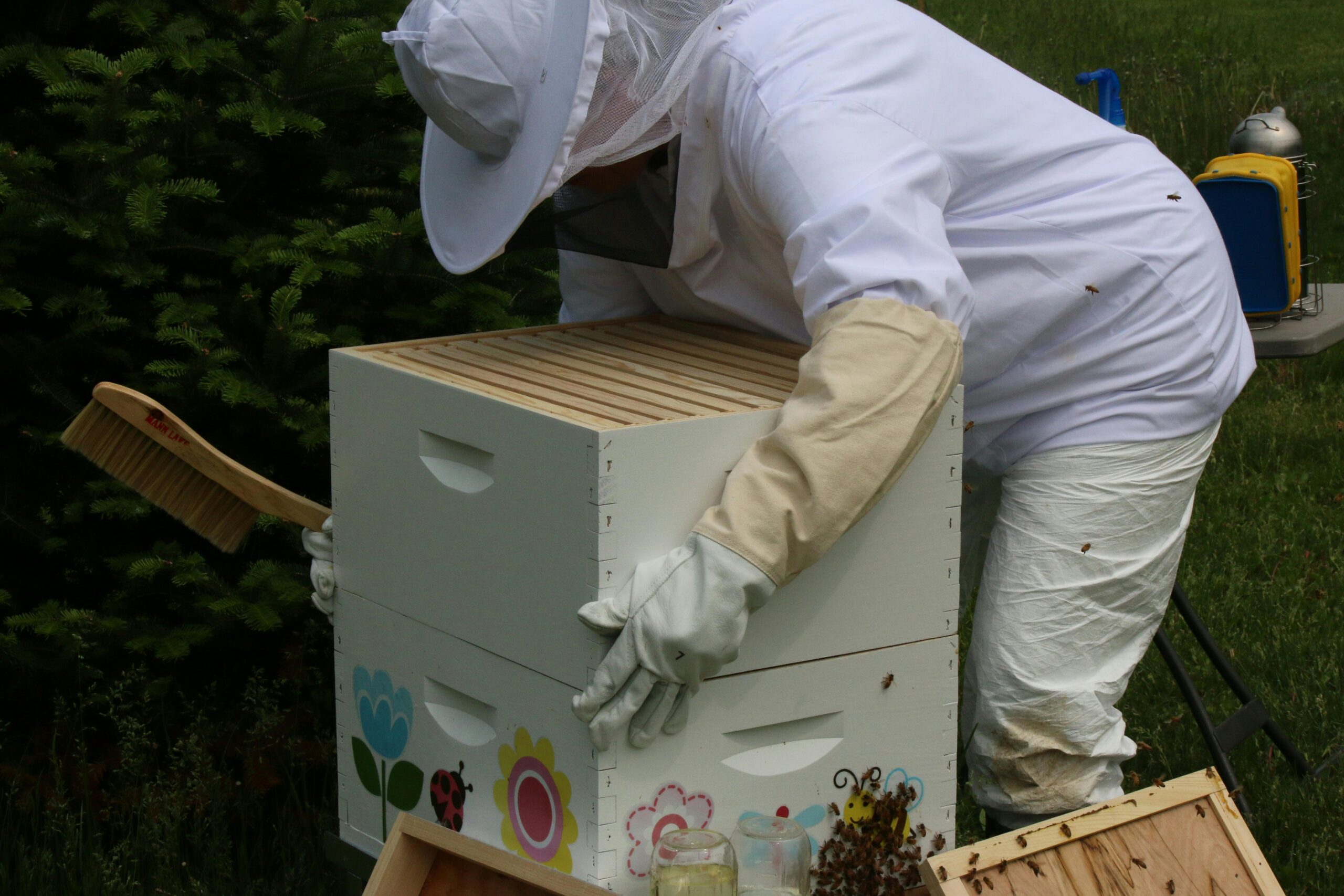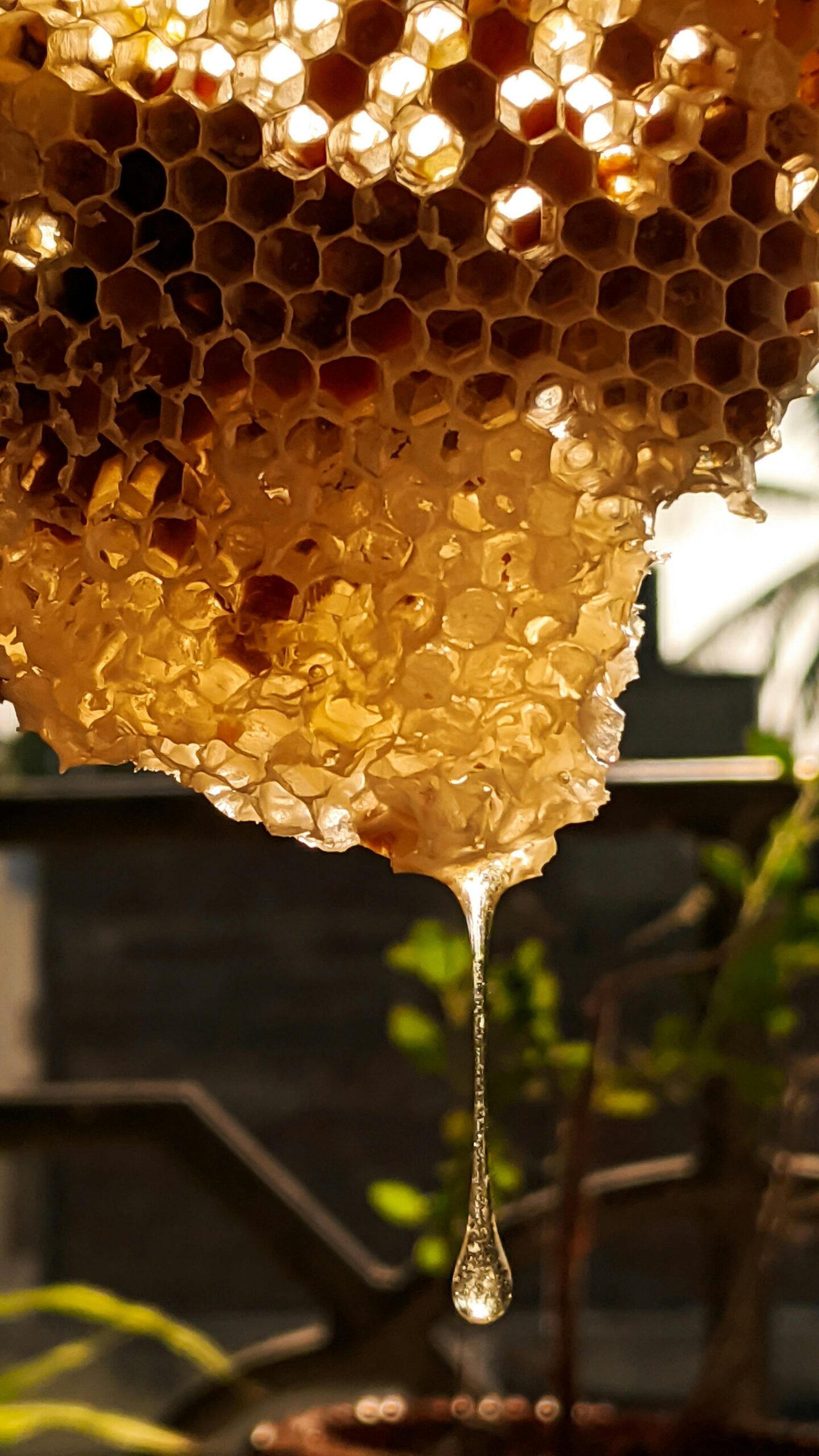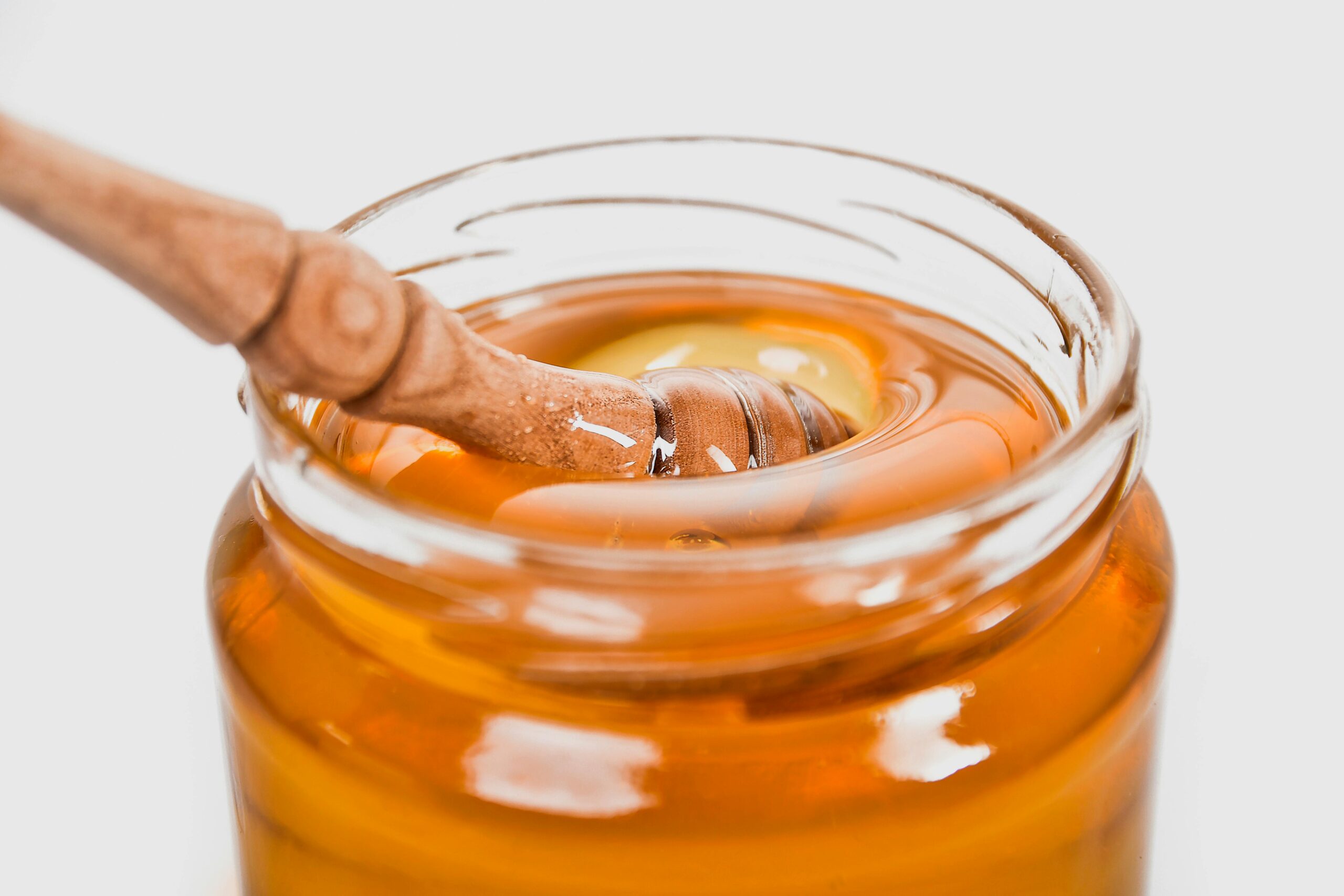Introduction
Beekeeping, or apiculture, is a rewarding hobby and a vital agricultural practice that supports biodiversity and food production. If you’re interested in starting your own beekeeping venture, this guide will provide you with essential steps and considerations to help you get started successfully.
1. Research and Education
Before diving into beekeeping, it’s crucial to educate yourself about bees and their management. Here are some ways to gain knowledge:
- Books and Online Resources: Read books on beekeeping, such as “Beekeeping for Dummies” or “The Beekeeper’s Bible.” Online platforms like YouTube and beekeeping blogs also offer valuable insights.
- Local Beekeeping Associations: Join a local beekeeping club or association. These organizations often provide workshops, mentorship, and networking opportunities with experienced beekeepers.
- Courses and Workshops: Look for beekeeping courses offered by universities, agricultural extension services, or local beekeeping groups. Hands-on training can be particularly beneficial.
2. Understand Local Regulations
Before starting, check your local laws and regulations regarding beekeeping. Some areas may have specific zoning laws, registration requirements, or restrictions on hive placement. Contact your local agricultural extension office or municipality for guidance.
3. Choose the Right Equipment



Investing in the right equipment is essential for successful beekeeping. Here’s a list of basic equipment you will need:
- Beehives: The most common types are Langstroth hives, top-bar hives, and Warre hives. Langstroth hives are popular for beginners due to their modular design.
- Protective Gear: A beekeeping suit, gloves, and a veil are necessary to protect yourself from stings while working with bees.
- Tools: Essential tools include a hive tool (for prying apart frames), a smoker (to calm bees), and a bee brush (to gently move bees off frames).
- Bees: You can purchase bees from local beekeepers, bee supply stores, or online. Options include package bees, nucs (nucleus colonies), or established hives.
4. Select a Suitable Location
Choosing the right location for your hives is crucial for the health of your bees. Consider the following factors:
- Sunlight: Hives should receive morning sunlight to help warm the bees and encourage foraging.
- Water Source: Ensure there is a nearby water source, such as a pond or birdbath, for the bees to drink.
- Forage Availability: The area should have a variety of flowering plants to provide nectar and pollen throughout the seasons.
- Distance from Neighbors: Be mindful of your neighbors and ensure hives are placed away from high-traffic areas to minimize potential conflicts.
5. Start with One or Two Hives
As a beginner, it’s advisable to start with one or two hives. This allows you to learn the basics of beekeeping without becoming overwhelmed. Monitor the hives closely, and take notes on their behavior, health, and productivity.
6. Regular Hive Inspections
Conduct regular inspections of your hives to monitor the health of the bees and the status of the colony. Key aspects to check include:
- Queen Presence: Ensure the queen is present and laying eggs.
- Brood Pattern: Look for healthy brood (eggs, larvae, and pupae) and assess the brood pattern for signs of disease.
- Honey Stores: Check for adequate honey stores, especially before winter.
- Pest Management: Monitor for pests like Varroa mites and take appropriate action if necessary.
7. Seasonal Management
Beekeeping requires seasonal management practices to ensure the health and productivity of your colonies:
- Spring: Inspect hives for signs of queen activity and prepare for swarming. Consider adding supers (additional hive boxes) for honey production.
- Summer: Monitor for pests and diseases, and ensure bees have enough food during nectar dearth periods.
- Fall: Prepare hives for winter by ensuring adequate honey stores and reducing entrances to protect against cold and pests.
- Winter: Minimize disturbances to the hives and monitor for moisture buildup inside the hive.
8. Join the Beekeeping Community
Engaging with the beekeeping community can provide support, resources, and camaraderie. Attend local meetings, participate in forums, and connect with other beekeepers to share experiences and knowledge.
Conclusion
Starting a beekeeping venture can be a fulfilling and impactful endeavor. By educating yourself, understanding local regulations, investing in the right equipment, and actively managing your hives, you can create a thriving environment for your bees. Remember that beekeeping is a journey of continuous learning, and connecting with the beekeeping community will enhance your experience








Leave a Reply